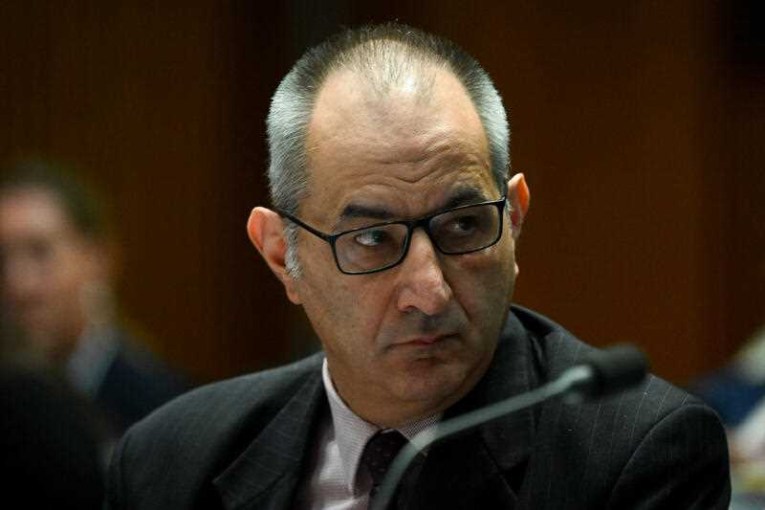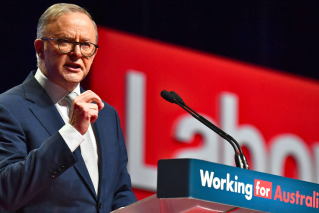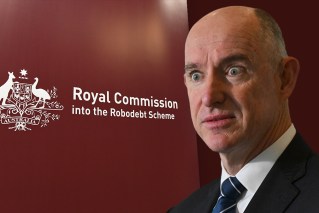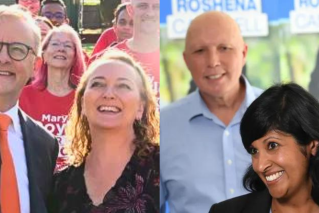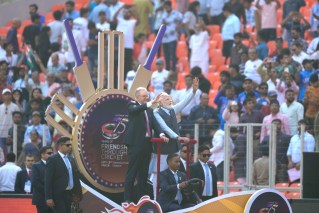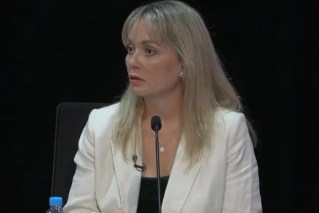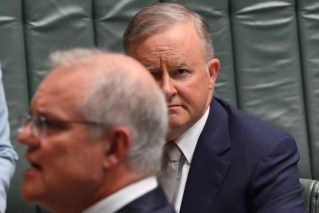Early voting is going mainstream, and it could become a major factor on election night

Pre-poll voting is set to count more than ever after more than 500 early centres opened their doors around the country on Monday.
These voting stations, complete with new-look booths, allow people who are busy on May 21, or simply hesitant about mingling during a pandemic, to cast their ballot in their own time.
Monash University political scientist Dr Zareh Ghazarian believes it’s safe to assume at least a third of Australians will vote early at this election.
“Over the last few years we’ve seen pre-poll voting just continually go up,” he told The New Daily.
“Election day we can now think of as being essentially the last day to cast a vote rather than the only day of the election.”
Already a total of 309,769 people voted on May 9 – day one of early voting.
Going by the last federal election, this number could increase dramatically closer to the big day.
“The AEC expects there to be an increase in both pre-poll voting and postal voting at this year’s election,” a spokesperson told TND.
“There has been an increase in early voting over the last few elections – in 2019, 31.59 per cent of turnout was at early voting centres, up from 22 per cent in 2016.”
Every vote counts
Pre-poll votes are counted on election night, whereas postal votes are counted afterwards.
But the trajectory of the results could change as these pre-poll ballots arrive.
As pre-poll voting goes mainstream, early voters could be the deciding factor in several marginal seats.
Dr Ghazarian pointed to seats like Kooyong and Goldstein, where high-profile ‘teal independents’ appear within reach of a narrow victory.
Given the real chance of ending up with a multi-party Parliament where the winning party must wrangle the cross bench to form government, the whole nation could be watching these early votes.

Early voting centres like this one at the Melbourne Exhibition Centre have opened around Australia. Photo: AAP
The challenge for campaigns
The recent popularity of early voting has posed challenges for both voters and candidates.
“Voters may miss out on policies that they agree or disagree with, they may miss out on insights that the candidates may give,” Dr Ghazarian said.
“So it is a bit of a gamble for people to vote early.”
On the flip side, politicians risk losing early voters if they save their final pitch for later in the campaign.
In recent years, more and more politicians from both major parties have been encouraging their constituents to register for early or postal voting through branded campaign leaflets.
This practice has come under fire from members of the cross bench for being a “data harvesting scheme” disguised as a way to help voters.
